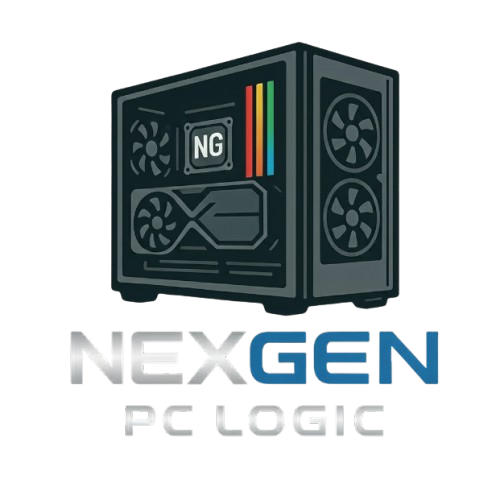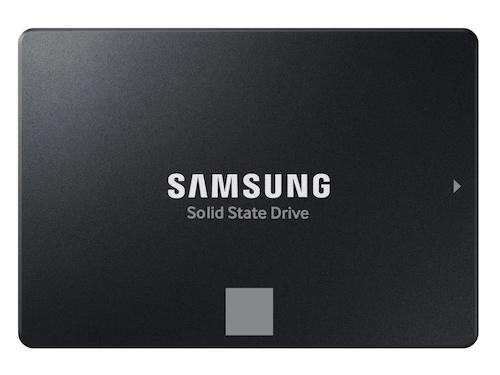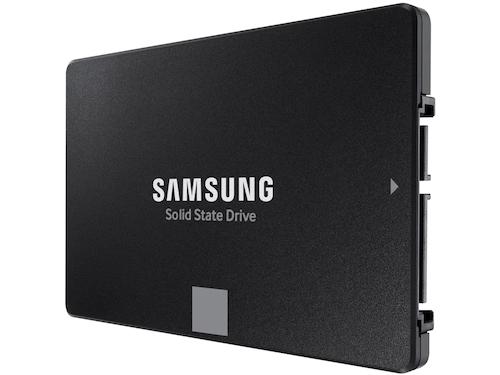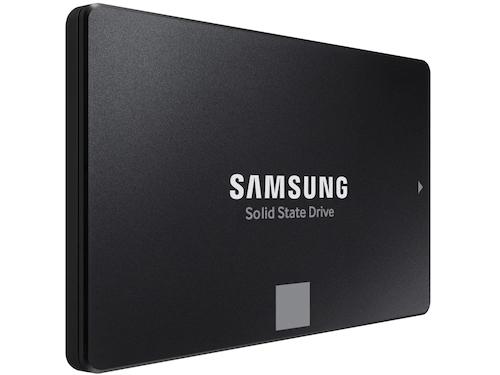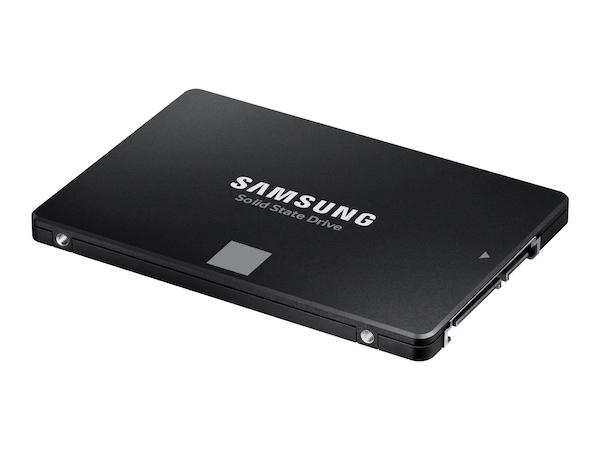SAMSUNG 870 EVO 500GB
SAMSUNG 870 EVO 500GB
Couldn't load pickup availability
The Definitive SATA Upgrade: Samsung 870 EVO 500GB
The Samsung 870 EVO 500GB is the perfect way to breathe new life into an older laptop or desktop that doesn't support the newer M.2 standard. This drive pushes the limits of the SATA III interface, delivering maximum sequential speeds of 560 MB/s read and 530 MB/s write. It offers rock-solid reliability, easy installation in any 2.5-inch bay, and industry-leading performance for everything from fast boot-ups to quick application loading.
⭐ Highlights
⭐ Highlights
Max SATA III Performance | Up to 560/530 MB/s Seq. R/W | Intelligent TurboWrite Technology | High Endurance (300 TBW) & 5-Year Warranty | 2.5-inch Form Factor / Multi-Device Compatible
⚙️ Specifications
⚙️ Specifications
Storage Drive Type: SSD (Solid State Drive)
Storage Form Factor: 2.5-inch
Storage Interface: SATA III (6 Gb/s)
Storage Capacity: 500 GB
Storage Sequential Read: Up to 560 MB/s
Storage Sequential Write: Up to 530 MB/s
Storage Spindle Speed RPM:
Storage HDD Cache MB:
Storage NAND Type: V-NAND TLC (Triple-Level Cell)
Storage Features: AES 256-bit Encryption, TCG/Opal V2.0 Support
Share
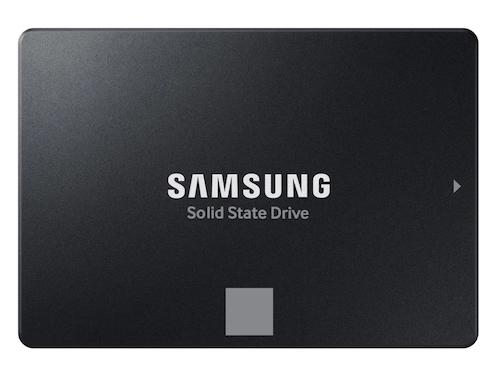
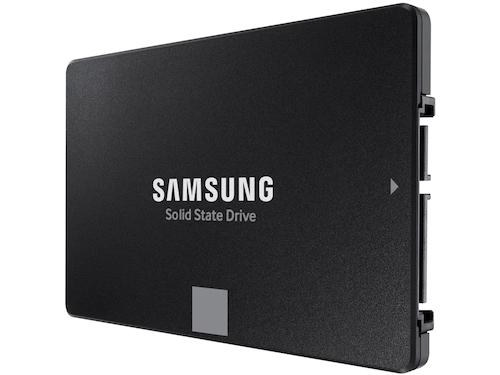
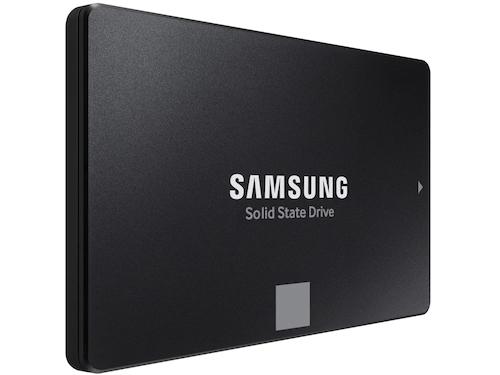
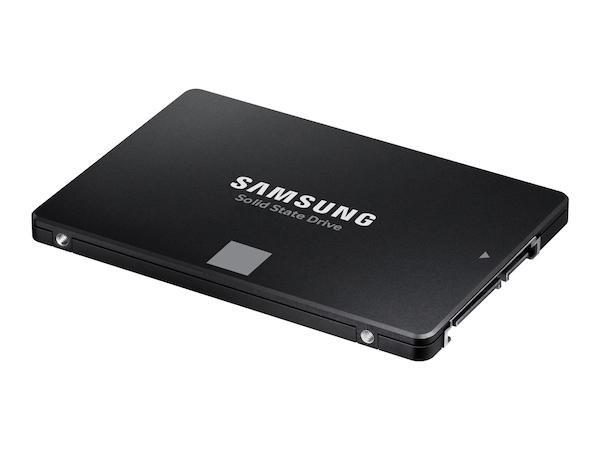
The POST-Check Protocol
-
M.2 Slot Bandwidth
Action: Consult the motherboard manual to determine which M.2 slot is the primary slot (closest to the CPU, for fastest speed) and which SATA ports it disables when in use. Why: Using the wrong M.2 slot can halve your SSD's speed or prevent your SATA hard drives from being recognized.
-
Heatsink Protection
Action: If your M.2 SSD or motherboard heatsink comes with a protective blue or clear plastic film over the thermal pad, always remove it before securing the heatsink. Why: The film acts as an insulator, trapping heat and causing the NVMe SSD to thermal throttle and slow down.
-
NVMe Installation
Action: Insert the NVMe drive gently into the M.2 slot at a 30-degree angle, then press it flat and secure it with the tiny screw or latch provided. Why: Proper seating is required for electrical contact, and using too much force can damage the drive or the motherboard slot.
-
SATA Connection
Action: When connecting a SATA SSD or HDD, use both the SATA Data cable (to the motherboard) and the SATA Power cable (from the PSU). Why: Both connections are required for the drive to be recognized and powered; either cable being loose or forgotten will prevent the drive from working.
-
Windows Initialization
Action: After installing Windows, new storage drives will not appear in File Explorer until you manually open Disk Management to initialize and partition them. Why: Unformatted drives are marked as "Unallocated Space" by the OS and must be set up before they can store files or games.
-
BIOS Boot Priority
Action: In the BIOS, set your primary SSD (the one with the operating system) as the first device in the Boot Priority list. Why: This ensures the PC boots quickly to Windows; otherwise, the system may delay by trying to boot from the wrong (unformatted) drive first.
